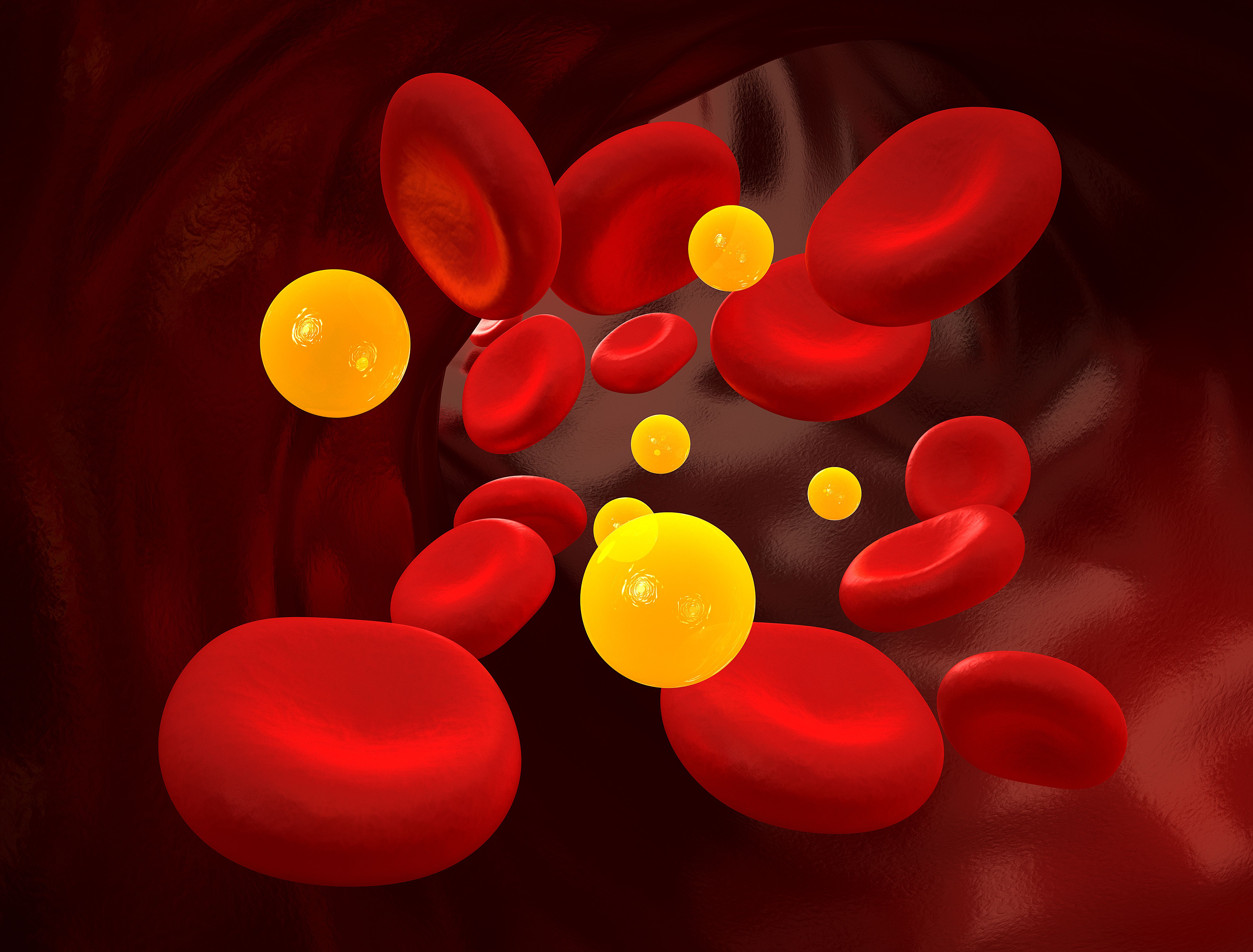Video
FCS Diagnostic Process
Author(s):
Transcript:
Andres Gelrud, MD: Dr Singh, what would make you think that a patient you’re treating in your pancreas clinic with recurrent acute pancreatitis and elevated triglycerides may have this rare condition? What would prompt you to think that this patient may have FCS [familial chylomicronemia syndrome] and is not a poorly controlled diabetic? We know there are medications that may trigger elevation in the triglycerides. A person may also be drinking too much, and that’s why their triglycerides are high. What would prompt you to think that this patient may have FCS? What test do you do [to determine that]?
Vikesh Singh, MD, MSc: It’s important to remember that you don’t need to conduct lipid genetic testing to diagnose someone with FCS. It is being done increasingly at several centers, particularly in lipid disorder clinics. Patients are undergoing genetic testing to determine whether they have a mutation in 1 of the genes that regulate LPL [lipoprotein lipase] activity.
There are generally 4 things to look for to diagnose somebody with FCS on a clinical basis. First, you want to see high fasting triglyceride levels, typically greater than 880 mg/dL. Most practicing clinicians are looking for something that is closer to 1000 mg/dL or greater.
The second feature is that FCS patients do not respond to standard hyper triglyceride anemic treatments. So fish oil capsules, statins, fibrates tend not to work as well for lowering triglyceride levels, partly because all those standard treatments require functional LPL. If you have LPL that’s not working or you don’t have enough of it, then the standard treatments are not going to be effective. That’s usually the first clue. If I put someone on a very high dose of statins as well as fish oil capsules and fibrates, and I’m not seeing their triglyceride level come down, that is often 1 big clinical clue that this patient might have FCS.
The third thing I look for is a clinical history that would be compatible with FCS. Because the clinical manifestations that are most common are recurrent and acute pancreatitis and abdominal pain, we know that something to look for.
Finally, there’s the exclusion or the absence of all the secondary things that cause the triglycerides to become elevated, some of which we’ve already mentioned. We want to make sure that the patient doesn’t have uncontrolled diabetes, that they’re not excessively consuming alcohol, that they’re not on birth control pills, that they’re not on a high-fat diet or a fad-type diet. All these things need to be excluded to be firm and convinced that your patient has FCS.
Those 4 things can go a long way in assisting the clinician with a diagnosis of FCS.
Darlene Voll: I’m glad you brought up women in pregnancy because that is often not looked at. Most people assume triglycerides go up during pregnancy, especially in the third trimester. I am glad you touched on that, because it seems to be a sticking point for many women with FCS. A lot of them don’t even realize they have FCS until then.
Andres Gelrud, MD: We diagnosed a patient like that, and it was very difficult for everyone involved.
Darlene Voll: I can speak from personal experience. I knew I had FCS, but the doctors didn’t realize how it would affect pregnancy, so I had a very hard time. I got very sick and I was in ICU [intensive care unit] for weeks. That is a sore spot for me—to make sure that is known—because many people do not realize that pregnancy and hormones for women with FCS can make their triglycerides skyrocket and cause problems.
Andres Gelrud, MD: Darlene, that’s a very good point. Physiologically, for any woman who is pregnant in the third trimester, triglyceride levels tend to go up. That’s completely normal and acceptable. So, patients with this condition run the risk of what unfortunately happened to you.
Darlene Voll: It is not something I want to repeat or wish on anyone behind me.
Vikesh Singh, MD, MSc: It’s also important to highlight that with acute pancreatitis in pregnancy, up to half of those cases are because of hypertriglyceridemia; the other half are gallstones. That’s often overlooked: Half the patient population is because of hypertriglyceridemia. There is a misconception on the part of GI [gastrointestinal] physicians that everybody who is pregnant is coming in with a gallstone, because that’s commonly how we’re instinctively taught. We need to be aware that half of those pregnant women who are coming in with acute pancreatitis have hypertriglyceridemia.
Transcript Edited for Clarity





